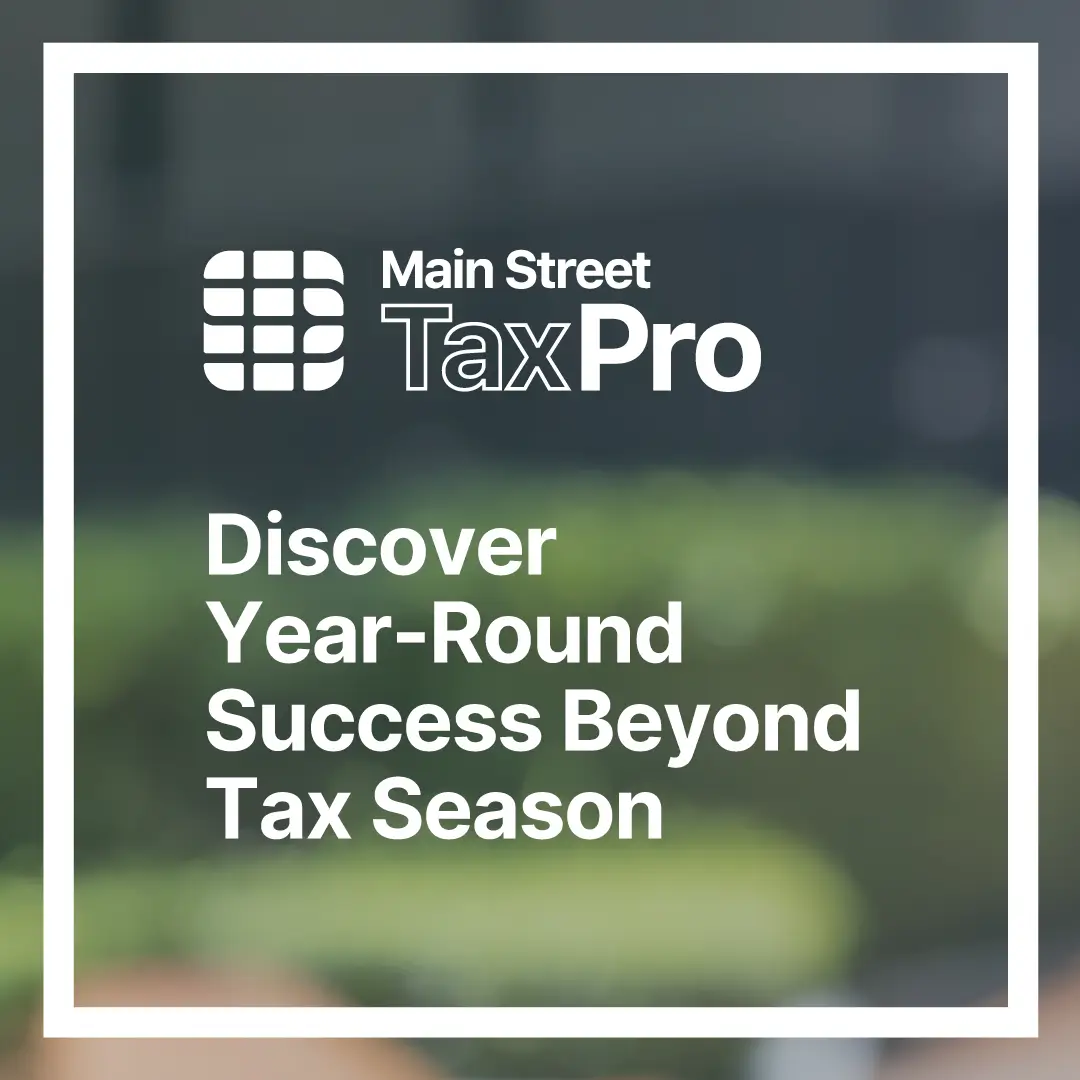Those that follow my lectures and writings know that I recommend Americans consider buying one rental property a year. It is apart of a great real estate tax strategy. You could have full or partial ownership when investing with a partner. It could be a single family home, commercial property, VRBO short-term rental or even a group of mobile homes.
Why do I say this? Five primary reasons.
- Steady appreciation over the long-term
- Tax Deferred growth and capital gain treatment
- Tax free cash flow
- Mortgage reduction through renter’s payments
- Tax write-offs through business expenses and depreciation
.
Real Estate Tax Strategy
.
Now I realize rental property is not a perfect fit for everyone. There are a lot of variables…your financial strength, credit worthiness, your temperament and time you have to manage property. IT also depends on the season of your life.
I encourage all of you to ‘at least’ consider buying one rental this year (in or outside of your retirement account) and determine if it is a good fit for you.
Once an investor starts buying rental real estate, one of the top strategies we recommend to our clients is to consider the benefits of qualifying as a Real Estate Professional. As many real estate investors quickly discover, rental real estate has the amazing power to potentially provide tax losses/deductions with tax free cash flow, on top of building
However, although buying real estate is something every investor should consider, being a “real estate professional” ISN’T for everyone. Don’t feel like this should be the first priority in tax planning when it comes to real estate. This classification only helps WHEN you have multiple rental properties. Along with when you make more than $150,000 a year in Adjusted Gross Income.
Classifying Real Estate Investors
.
There are three categories the IRS uses to classify real estate investors, each having different pros and cons.
- The first classification is that of a “Passive Investor”. This is the least beneficial category and only allows a taxpayer the ability to deduct passive losses against passive gains.
- The second classification is that of an “Active Investor”. This designation allows a taxpayer to deduct an additional $25,000 of losses against ordinary income, however, this deduction phases out completely at the Adjusted Gross Income (AGI) level of $150,000 for a married couple filing jointly and $100,000 for a single individual. Anyone can qualify and to do so must simply be involved in the decision making for the real estate investment, and doesn’t even require the taxpayer to make a special election on their tax return.
- Third, the “Real Estate Professional” classification allows taxpayers to deduct 100% of all real estate losses against ordinary income…IF they qualify and WANT to qualify.
.
How to Qualify as a Real Estate Professional
.
To meet this threshold, a taxpayer, or their spouse, must meet a three-part test. First, the taxpayer must spend the majority of his or her time in real property businesses.
Second, the taxpayer must spend 750 hours or more in the industry of real estate or in the ‘real property business’. The biggest question we are often asked is what occupations qualify as real property businesses. The IRS does not statutorily list which jobs qualify. If you are working as an entrepreneur in the real estate industry, if you have a license or not, we want to talk about it.
Finally, the third test is that the taxpayer must ‘materially participate’ in the management of the properties. However, the beauty is that you can qualify for material participation under another 7 different tests, which in practice are quite easy to qualify for.
Again, as a cautionary note, it is important to realize that qualifying as a Real Estate Professional is not a ‘fit’ for every taxpayer. It is surprising how many taxpayers get fixated on being a Real Estate Professional as their primary tax-planning goal, while others avoid it like the plague. Yet, there are still others that don’t even know what the fuss is all about.
Let’s break it down and see where the truth may lead you in your personal planning. First, let’s talk about the ‘bad news’ if you will, and why some folks feel that being a “Dealer” or “Real Estate Professional”(essentially the same thing) is the death nail on a tax return.
The Problem with being a Real Estate Professional
.
There are 2 major issues with being a “Dealer” and can provide legitimate concern for the taxpayer.
- A 1031 exchange is a powerful strategy and only getting more popular again as real estate values rebound. A 1031 exchange allows you to sell property(ies) and exchange them for equal or greater value with another property(ies). However, if you are a Dealer the IRS will most certainly hold you to higher standards in order to qualify for a 1031 exchange.
- Next, if you are a Professional than the IRS considers your short-term gains and income in all of your real estate activities as ‘ordinary income’. As such, this income will be subject to self-employment tax. While easily mitigated with an S-Corporation, it’s something a Dealer needs to reckon with and the new real estate investor isn’t blindsided by its wrath.
.
The Benefits of being Classified as a Real Estate Professional
.
There is essentially one major benefit to being a Dealer, a tax benefit, and that’s the reason for all of the hype.
As a real estate professional, a taxpayer is allowed to deduct one hundred percent (100%) of their rental real estate losses against any other type of income. As my clients have learned through my book, articles, and presentations, rental real estate can cash flow wonderfully. It still has the ability to create passive loss write-offs due to depreciation and mortgage interest expenses.
Right now in my life, I’m not a real estate professional, and that’s ok. I am limited on my tax return to a maximum of $25,000 in rental real estate losses until my adjusted gross income reaches $150k. At that point, the losses aren’t “lost” they are just captured. Then they will carry forward until I sell any one of my properties.
Bottom line, I encourage all taxpayers to consider and be aware of the strategy. If you don’t have rental property, don’t stress. If you do have rentals, then the strategy can become even more important. You want to make sure you are classifying yourself properly. Make sure you consult with your personal tax consultant to determine if this should be part of your tax plan this year or in years to come.
No matter what, keep buying and holding real estate in your portfolio; real estate professional or not. If you are looking for help on how to implememt this strategy, schedule a meeting with one my attorneys at KKOS Lawyers and they can help you!










[…] rental losses as ordinary losses, one has to qualify as a real estate professional. See (“The Tax Strategy of being a Real Estate Professional.”). However, under essentially ‘outdated’ Treasury Regulations (that were put in […]